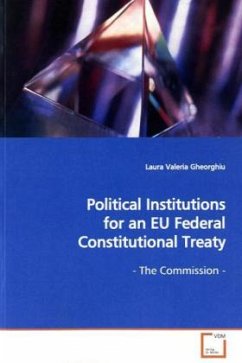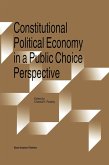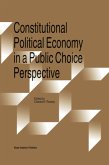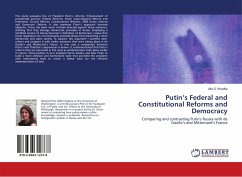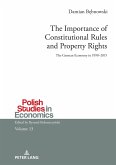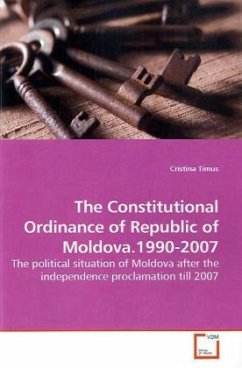The debate between the federalists and the
supporters of inter-governmentalism is a sign of
dynamism but also a barrier on the way to formulate
EU purposes, competences or institutions. While
expected to behave like a mature, reliable subject,
the Union is still a prisoner of its own identity
crisis. I argue that the creation of efficient
institutions for the EU can and should be the
engine, the argument and the best plea for a
decision to be made, in this respect. The Commission
should play a major part, grace to its position and
power to check the consistency of a any possible
choice.
After comparing several executives from present day
federations, I have suggested that the EU Commission
has to act as a reform leader, to monitor a real
division and separation of powers, to balance the
various interests and historical memories and well
as the asymmetric information with real, sustainable
tools. They will all have to prepare the next EU
stage as a parliamentary, cooperative federation
with a clear portrait and voice.
This book may be a suggestion for EU leaders but
also a synthesis of the case, for all those
interested in this topic.
supporters of inter-governmentalism is a sign of
dynamism but also a barrier on the way to formulate
EU purposes, competences or institutions. While
expected to behave like a mature, reliable subject,
the Union is still a prisoner of its own identity
crisis. I argue that the creation of efficient
institutions for the EU can and should be the
engine, the argument and the best plea for a
decision to be made, in this respect. The Commission
should play a major part, grace to its position and
power to check the consistency of a any possible
choice.
After comparing several executives from present day
federations, I have suggested that the EU Commission
has to act as a reform leader, to monitor a real
division and separation of powers, to balance the
various interests and historical memories and well
as the asymmetric information with real, sustainable
tools. They will all have to prepare the next EU
stage as a parliamentary, cooperative federation
with a clear portrait and voice.
This book may be a suggestion for EU leaders but
also a synthesis of the case, for all those
interested in this topic.

